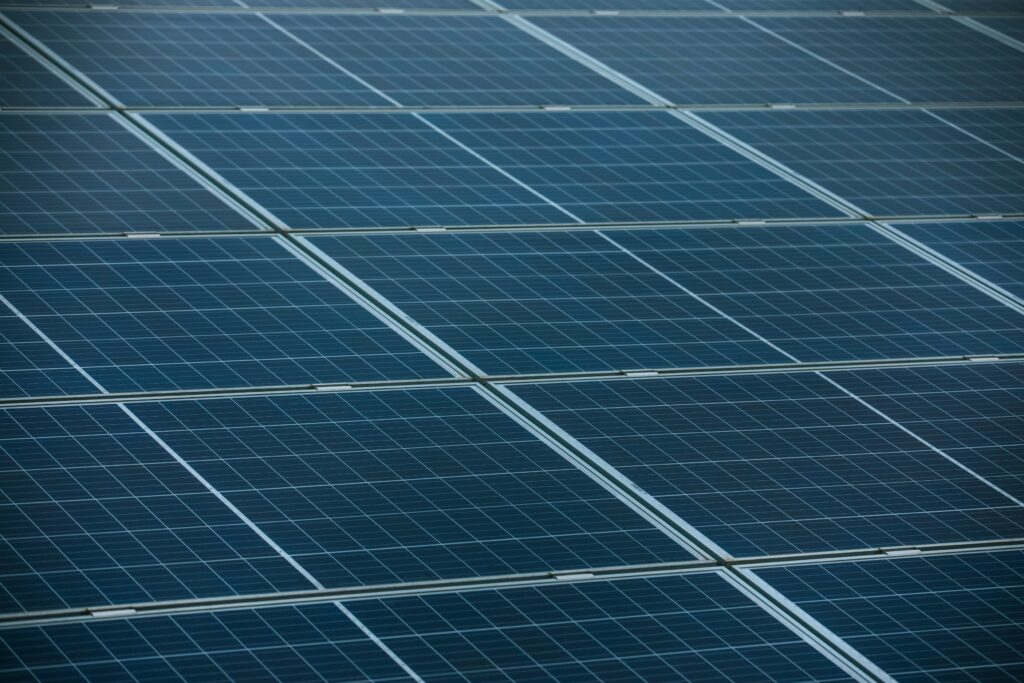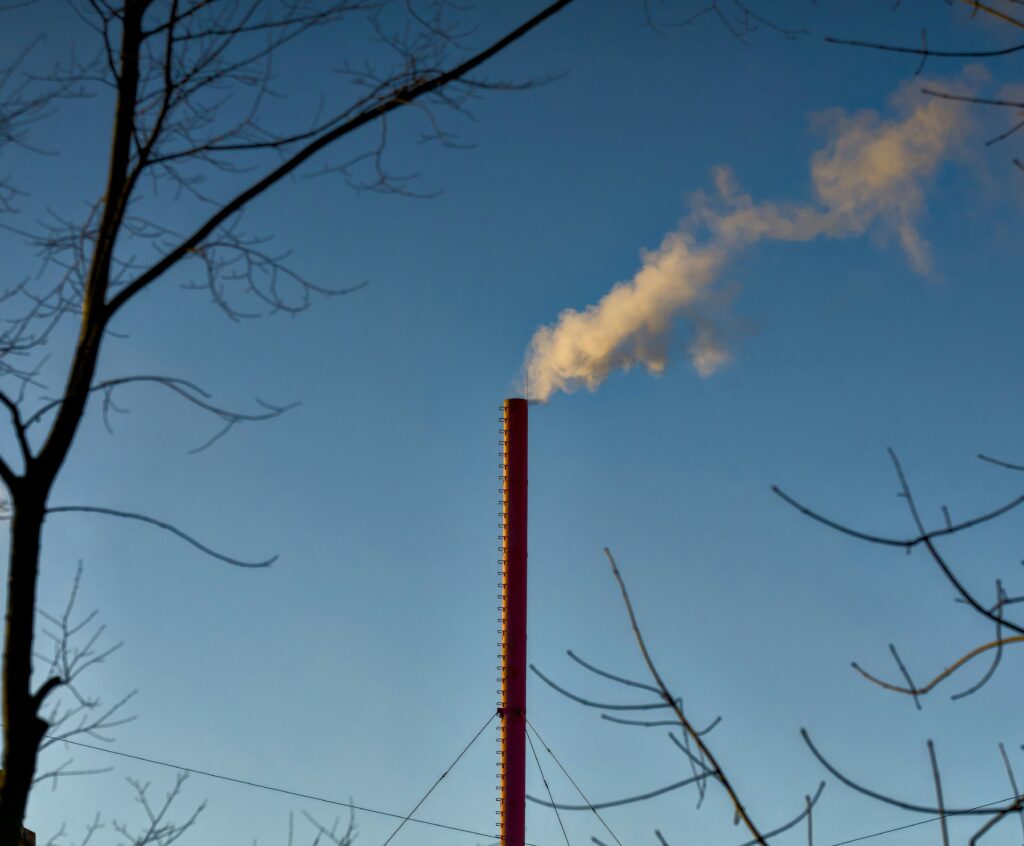In the week when the world’s leaders met to try and solve the planet’s climate change problem, a report from the World Meteorological Organisation highlighted the issues the world is facing.
The State of the Climate report has said that extreme weather events are now normalised and expected around the world and that global sea levels have rose to a worrying high.
The 2021 report was released early this week to coincide with the COP26 summit, and highlighted increasing concerns about the state of the planet, with news that the past seven years will be the warmest on record.
“Extreme events are the new norm, there is mounting scientific evidence that some of these bear the footprint of human-induced climate change,” said WMO Secretary-General Prof. Petteri Taalas. “At the current rate of increase in greenhouse gas concentrations, we will see a temperature increase by the end of this century far in excess of the Paris Agreement targets of 1.5 to 2 degrees Celsius above pre-industrial levels. COP26 is a make-or-break opportunity to put us back on track.”
Taalas went on to explain some of the worrying weather from around the world, including rainfall rather than snow for the first time in Greenland, almost 50C heatwaves in Canada, months worth of rainfall falling in single days in China and the devastating floods seen in Europe this summer.
But it is the rising sea levels which will have caused most concern, up by 2.1mm in the nine years between 1993 and 2002, but over the same period between 2013 and 2021 the seas rose by 4.4mm – melting glaciers and ice sheets are to blame.
“Sea levels are rising faster now than at any other time in the last two millennia,” said Prof Jonathan Bomber, Director of the Bristol Glaciology Centre said on the BBC website.
“If we continue on our current trajectory, that rise could exceed 2m by 2100 displacing some 630 million people worldwide. The consequences of that are unimaginable.”




